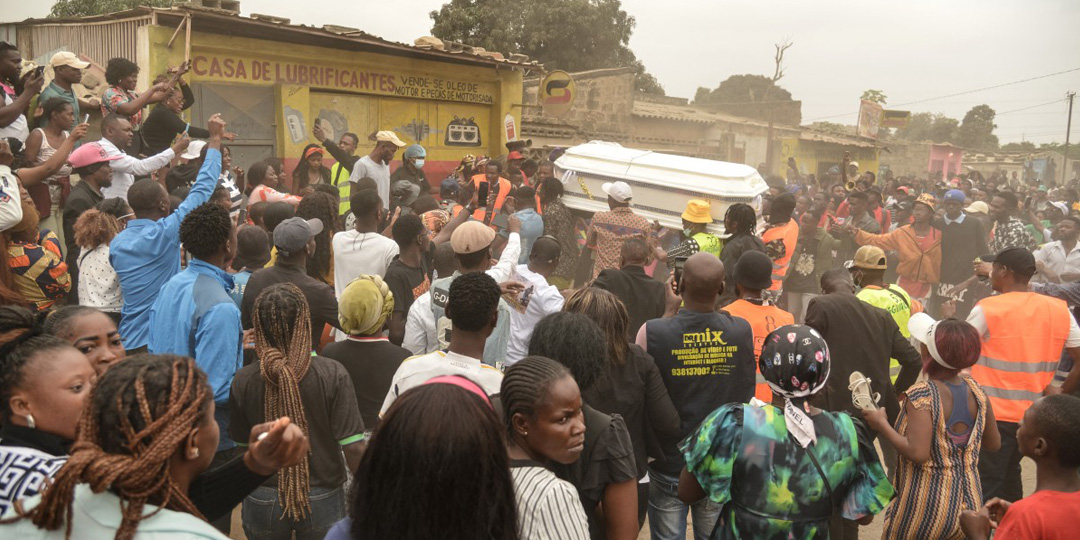Civil society organisations in Angola on Tuesday denounced as “summary executions” the deaths of at least 30 people in unrest that gripped several cities last week, and called for an investigation into police violence.
Dozens of shops and warehouses in Luanda were looted and vehicles attacked on 28 and 29 July when a three-day taxi drivers’ strike against a fuel price hike descended into some of the worst violence in the oil-rich country in years.
The unrest spread to several provinces and police later confirmed 30 deaths, including that of a police officer, with more than 270 people injured.
“The police’s actions, instead of ensuring public order with proportionality, respect for the law, and human dignity, resulted in bloodshed and arbitrary summary executions,” four NGOs, including Friends of Angola and the Episcopal Commission of Justice and Peace, said in a joint statement.
Several videos shared on social media showed police “firing indiscriminately into crowds”, they said.
“Although the taxi drivers’ action was marred by acts of disorder, looting, and vandalism, nothing justifies the disproportionate and violent police response, marked by abuse of power and excessive force,” they said, adding the government “bears direct responsibility for the deaths during these protests”.
– Calls for investigations –
Police have not confirmed what caused the deaths, and President Joao Lourenco on Friday praised the security forces’ response, saying they “acted within the framework of their obligations” and restored order “promptly”.
More than 1,500 people were arrested, 118 businesses vandalised and 24 public buses attacked, according to police.
The NGOs’ statement demanded accountability and for police officers involved to be suspended pending “independent and impartial investigations”, joining previous calls by the United Nations and various other civil society organisations.
The strike was the latest in a series of protests this month after the price of fuel was hiked from 300 to 400 kwanzas ($0.33 to $0.43) a litre on July 1.
The government’s move to lower its heavy fuel subsidies reportedly followed International Monetary Fund calls for more public money to be spent on health and education.
But it has angered many in the country of 36 million people, already under pressure from inflation of around 20 percent and an unemployment rate of nearly 30 percent.
Details of some of the people killed in the unrest have circulated on social media, with the case of Silvia Mubiala, a mother of six children allegedly shot and killed by police while trying to protect her son in Luanda, causing particular outrage.
str-jcb/cw
© Agence France-Presse








